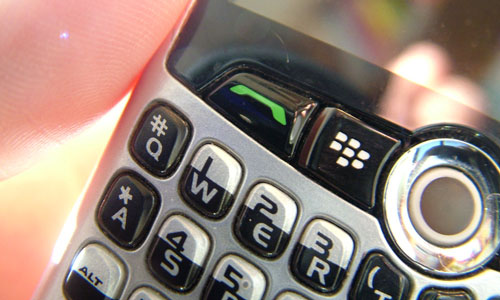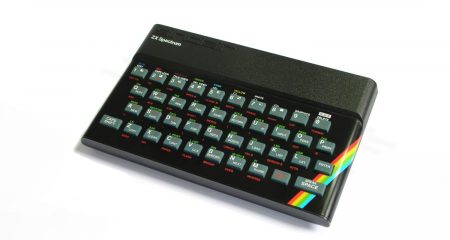
BlackBerry is the most desirable handset among teenagers and tertiary-level students in SA, but they aren’t using the devices to make voice calls.
A new study from London-based research firm MobileYouth shows that one in two students in SA wants a BlackBerry.
SA’s online student community business, Student Village, was one of the local companies to conduct research for the final report. Managing partner Marc Kornberger says that although Android is growing in popularity in the youth market, the most desired phone remains the BlackBerry.
The report suggests that handset manufacturers that will enjoy the most success with younger consumers will be the ones that can offer compelling alternatives to BlackBerry’s messenger service, BBM. The report says use of SMS will fall 20% in the next three years as more and more young people move to data-based messaging applications.
Kornberger says part of the reason for BlackBerry’s popularity can be attributed to a shift in the way youngsters communicate. “Gone are the days of making voice calls,” he says. “Students now communicate with friends via social networks and chat services.”
Student Village’s research shows students use their phones mainly for accessing Facebook and other social media. “Facebook sees the most prevalent use,” says Kornberger. “Students are also using their handsets to surf the Internet and SMS. The third most common handset use is listening to music and radio. Voice ranks very low down on the list.”
Not only did MobileYouth find that seven out of ten students are already using a smartphone, but that by next year a staggering 15m young South Africans will be using smartphones of some description.
The report also provides insights into how youngsters would like to receive marketing messages on their mobile phones. “We asked students what their preferred medium is for marketing messages. Some agencies would tell you that short codes and 2D codes are the best approaches. They’d be wrong,” says Kornberger.
“Almost 63% of students said they favoured SMS over any other method,” says Kornberger. “Across the board, the least-preferred method was short codes where you have to SMS a number to get something back.”
He says the youth expects three things from marketing: it needs to be easy, trusted, and cheap or free. “Short codes don’t work because they’re considered unnecessarily difficult, students don’t trust short-code services with their details, they don’t like the cost involved, and they are worried they’ll be subscribed to a paid service if they respond to a short code.”
According to Student Village’s research, Facebook is the second most popular method for receiving marketing information, with instant messaging MXit coming in third. — Craig Wilson, TechCentral
- Image: ilamont.com
- Subscribe to our free daily newsletter
- Follow us on Twitter or on Facebook




